This requires the establishment of an independent and regular monitoring mechanism from educational institutions to management levels to ensure that regulations are implemented seriously and transparently.
"Regulating" the quality of education
Ms. Huynh Thi Thu Nguyet - Principal of Le Dinh Chinh Primary School (Hoa Cuong, Da Nang ) said: "According to the class size, in the 2025 - 2026 school year, the school is short of 1.5 cultural teachers. And 5 other primary schools in the ward are also in a state of 'hot' development, after each school year, the number of classes increases due to mechanical population growth. If the Ward People's Committee implements teacher rotation, it will only be within the scope of 6 schools in the ward, it is not possible to regulate teachers from other areas. But when the Department of Education and Training is the focal point for management, the rotation of teachers from one ward to another can be done."
Mr. Nguyen Khac Diep - Principal of Tra Vinh Primary and Secondary Boarding School for Ethnic Minorities (Tra Van, Da Nang) said that with the Law on Teachers, schools will have a certain level of "voice" in recruiting and transferring teachers.
“Previously, some contract teachers received state salaries, and their attachment to the school community was sometimes loose. Teachers had the mentality that the Board of Directors did not participate in the professional assessment of their work records, so it did not affect their recruitment or transfer to a contract at another school.
This, to some extent, will contribute to changing the mindset of teachers in teaching and other activities so that they will make more efforts, be more enthusiastic and dedicated," Mr. Diep expressed his views and expectations. When the Education sector recruits teachers, schools will have enough teachers/classes as the criteria established by the Ministry of Education and Training.
In addition, with this adjustment, the People's Committees of communes and wards propose the need based on reports from schools so that the Education sector has a basis for rotation and recruitment to solve this long-standing problem of local surplus and shortage.
Since the Joint Circular No. 11/2015/TTLT-BGDĐT-BNV between the Ministry of Home Affairs and the Ministry of Education and Training on decentralization of management in the education sector, some directives on finance, human resources, emulation... have been implemented differently by each locality and not to the extent as directed by the Government.
This leads to difficulties and inadequacies for the education sector in directing, operating and improving quality. According to the management hierarchy, the Department of Education and Training only recruits high school teachers, while from junior high school and below, the decision is made by the district chairman. In some places, the district chairman will assign the Department of Education and Training to preside, coordinate with the Department of Internal Affairs and Finance, but in some places, it is the other way around.
From the experience of coordinating between the Department of Education and Training and the Department of Home Affairs over the past years in the work of recruiting, mobilizing and appointing school management staff, an officer in charge of the cultural and social sector of Hoa Khanh Ward (Da Nang City) said that there needs to be supervision between units in recruitment and appointment to avoid widespread recruitment or local surplus or shortage. The Department of Education and Training and the Department of Home Affairs must coordinate to review and develop staffing quotas based on the needs of schools compiled and proposed by the People's Committees of communes and wards.
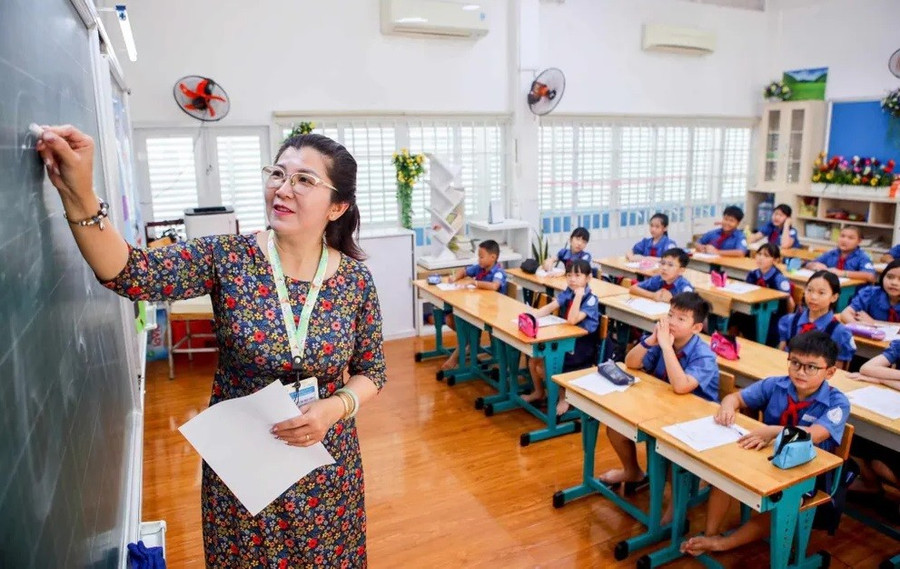
Creating a culture of supervision and companionship
Mr. Vo Van Minh - Principal of the University of Education, Danang University commented: "Many of the previous shortcomings - from recruitment, appointment, teacher evaluation, to investment policies, regimes... originated from the gap in supervision or formal supervision, lack of independence. The fact that an agency recruits but does not directly employ teachers, while the responsibility for quality is placed on its shoulders is an example showing that unclear supervision will lead to confusion in implementation."
The Principal of the University of Education, Danang University, said that in order for the Law on Teachers to come into effect, it is necessary to establish multi-dimensional, fair and constructive forms of supervision.
In particular, with the supervision of recruitment, use and promotion of teachers, the selection must be closely linked to the practice of use, have the voice of the school, and be checked by the council to avoid formalization, "quota" chasing or pressure outside of the profession. With the appointment, transfer and evaluation of management staff, principals, heads of professional groups or those working in education management, it is necessary to evaluate on the basis of actual results, not be influenced by purely administrative relationships.
“In investment and policy supervision, it is necessary to publicize and make transparent the allocation of education budgets, allowances, and teacher training and development. Good supervision will help narrow the gap between the law and teachers’ lives,” Mr. Minh suggested, adding that to protect teachers from unprofessional pressure, there needs to be a clear boundary between the right to supervise and the exploitation of democracy to attack and put pressure on teachers through public opinion and social networks. A healthy educational environment must be both free and public, but must not neglect truth and morality.
Mr. Vo Van Minh said that it is necessary to create a culture of supervision in the implementation of the Law on Teachers. “Supervision is not to find fault, but to ensure that the law is properly implemented, that genuine educators are protected, and that any shortcomings are promptly adjusted.
“A culture of supervision needs to be accompanied by understanding, fairness and a spirit of companionship, not just one-sided ‘accountability’. Only when teachers are evaluated fairly, supported in a timely manner, and stand firm on their professional honor, can education truly be reformed from the roots,” said the Rector of the University of Education, University of Danang.
Although the Department of Education and Training of localities will appoint school managers, there will still be coordination with the communes and wards. For example, the dossiers for appointing managers are all reviewed by the Party Committees of communes and wards. Therefore, although there is a "change of roles" in recruitment and appointment, coordination is still maintained to ensure the specific characteristics of the education sector and to meet the decentralization of management. - Ms. Huynh Thi Thu Nguyet - Principal of Le Dinh Chinh Primary School
Source: https://giaoducthoidai.vn/dua-luat-nha-giao-vao-cuoc-song-bao-dam-cong-khai-minh-bach-post739428.html








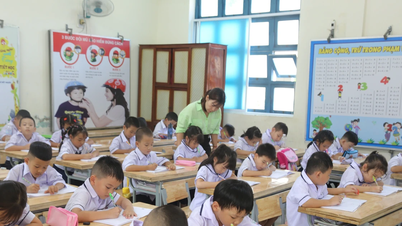


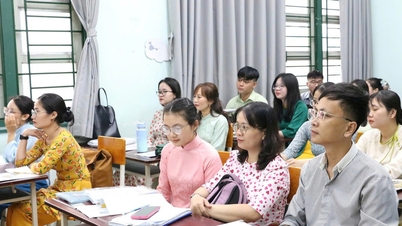
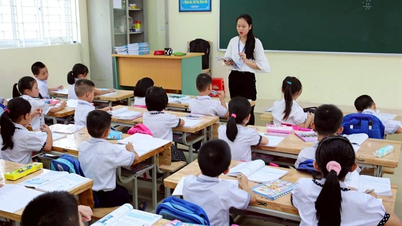

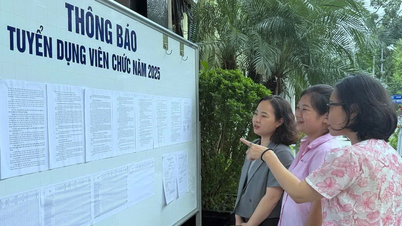







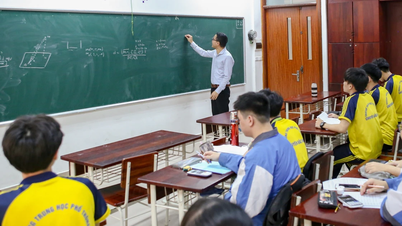
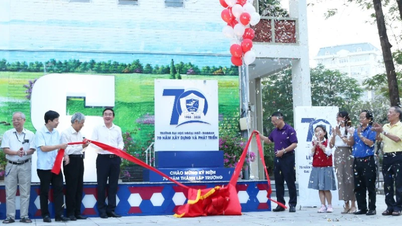

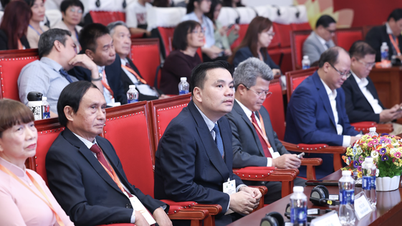






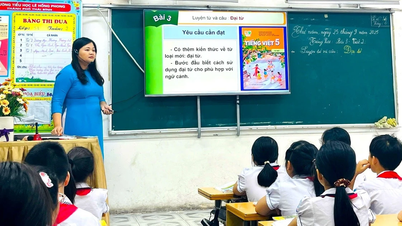
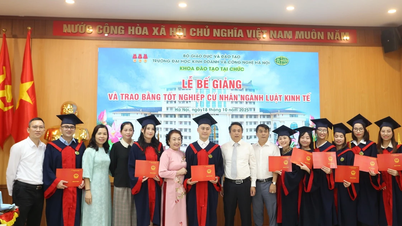
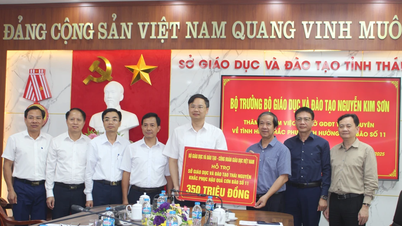

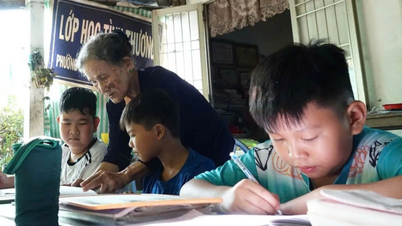













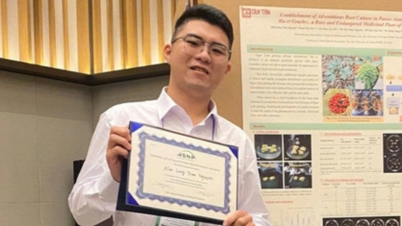

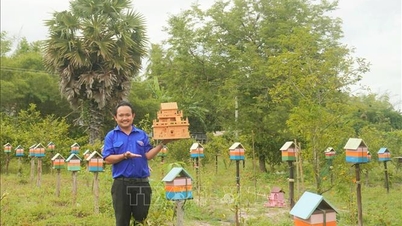

















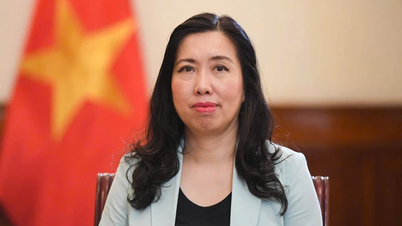

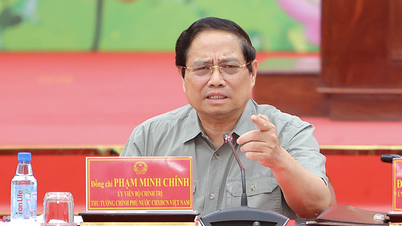




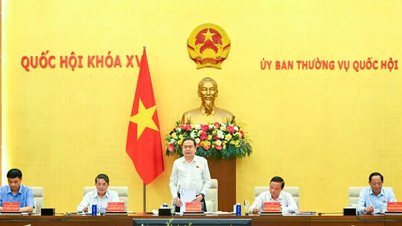




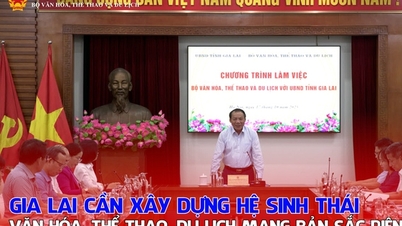





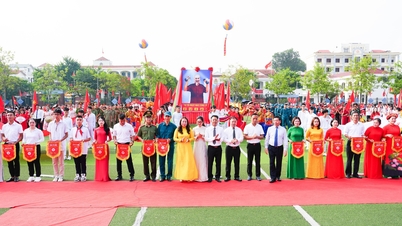
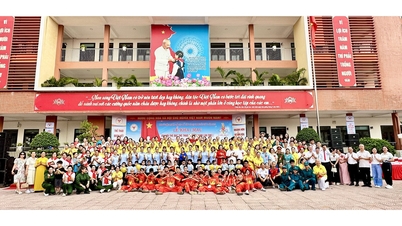

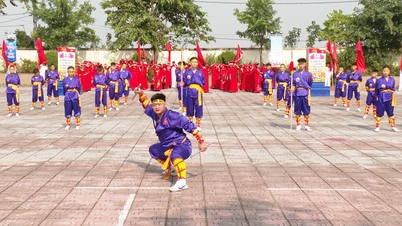














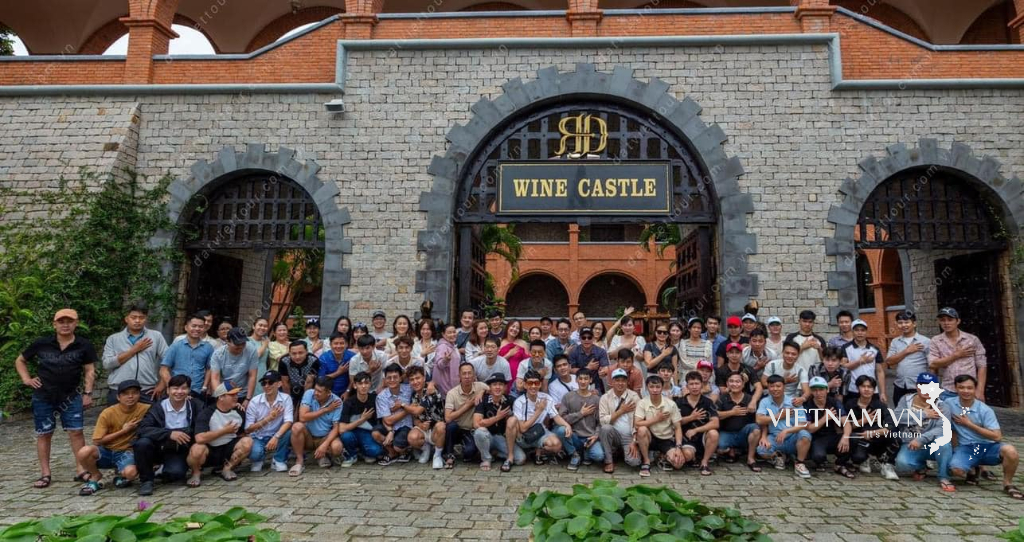
Comment (0)